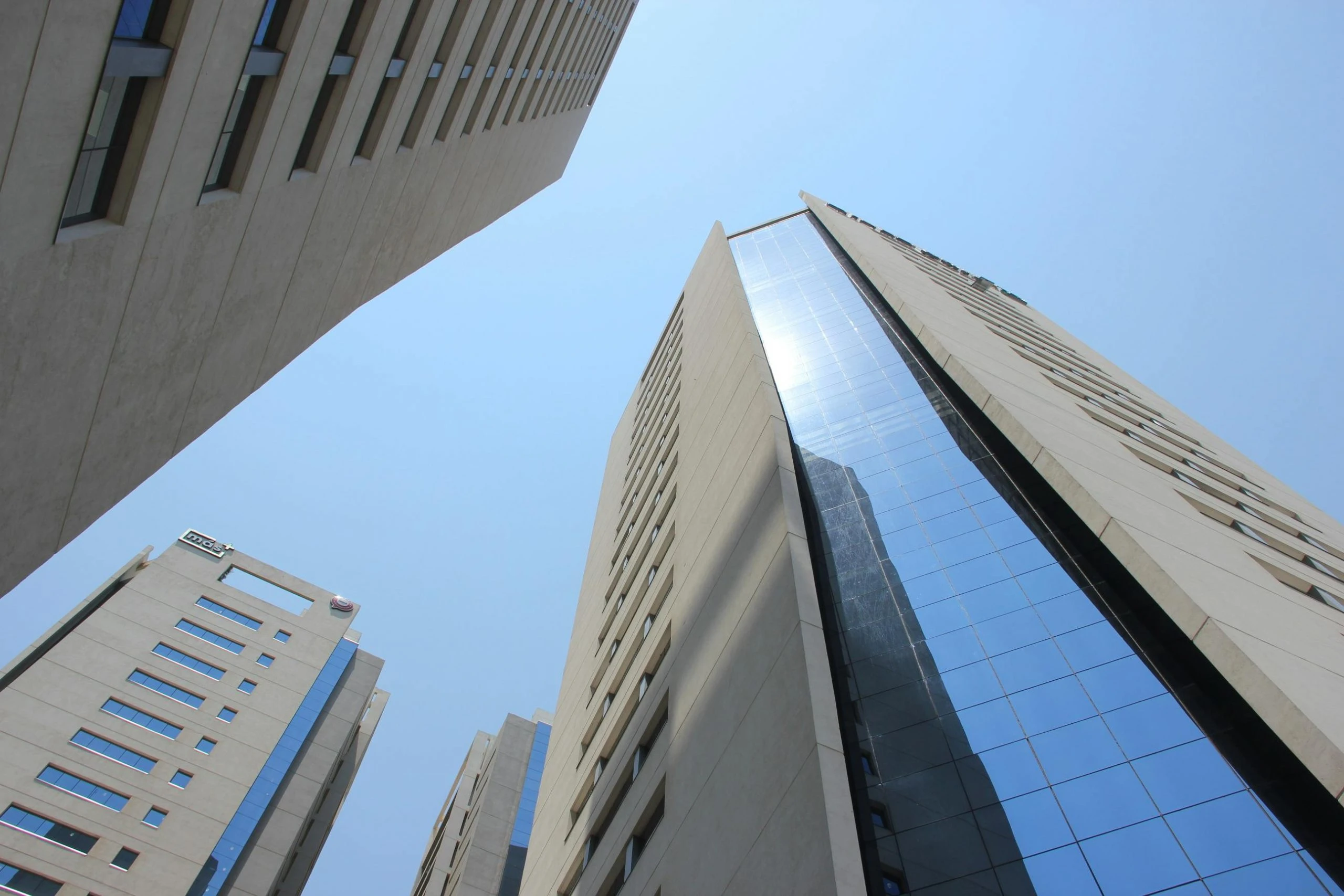Paraguay enacts landmark regulation to eliminate gambling monopoly

Signed on Wednesday, Law No 7348/2025 modifies and expands the existing gambling legislation in Paraguay, Law No 1016/1997, establishing a regulatory framework for private operators of games of chance, both on and offline.
Paraguay took steps to eliminate the gambling monopoly towards the end of 2024, when its Chamber of Deputies approved changes to the previous laws, which stated the “exploitation of national games of chance will be carried out exclusively by public tender”.
The new laws focus on updating, modernising and strengthening regulation of the gambling sector in Paraguay, by creating a more transparent and efficient regulatory framework.
The changes have formally established the National Gaming Commission (Conajzar), a decentralised body under the National Directorate of Tax Revenue (DNIT). This unit will enhance the regulator’s powers, giving them jurisdiction over the competitive market.
The country hopes the move will increase state contributions from the sector.
Player protection a top priority says Paraguay regulator
The new regulations allow private operators to enter the country’s gambling market. Previously they could only gain access through a tender process.
When asked why Paraguay could be an attractive market for private companies, Conajzar President Carlos Liseras tells iGB: “In addition to the fact that Paraguay has a law on the demonopolisation of gambling, the tax burden is the lowest in the region and Paraguay has become an important country for visiting.”
Liseras says the protection of minors against the harmful effects from illegal gambling was the primary motivation for the law change.
“In terms of protecting national and foreign investment of those who are dedicated to the exploitation of games of chance authorised by the regulatory entity, this gives legal certainty to the aforementioned investors.”
Paraguay gambling regulator’s role clearly defined
The changes in law have clarified Conajzar’s responsibilities, which include authorising the operation of games of chance and issuing regulations at the national, departmental and municipal levels.
Conajzar will be tasked with approving new types of games of chance and sanctioning companies that operate outside the regulations.
Conajzar will also be able to request assistance from the DNIT to coordinate the process of approving, controlling and overseeing the licence bids and concessions received by the state.
A DNIT representative will sit within the new look regulator as chairperson, while representatives from the governorships, municipalities, the Ministry of the Interior and the Directorate of Charity and Social Assistance will also participate.
DNIT, meanwhile, will conduct comprehensive reviews of Conajzar’s gambling regulations, as well as the regulator’s prepared terms and conditions for bidding or concessions. Without DNIT approval, the processes conducted will be considered invalid and won’t produce legal outcomes.
Liseras reveals state contributions from gambling in Paraguay reached a record PYG175.8 billion ($21.9 million) in 2024, a figure he predicts will rocket now Conajzar is under DNIT.
“The estimate made is that this will double and could even far exceed these estimates, taking into account that as of the entry into force of the aforementioned law, the DNIT and Conajzar have the necessary logistics and infrastructure to fight head-on against the clandestine exploitation of games of chance and thus avoid the tax evasion that does so much damage to the nation,” Liseras explains.
Bidders must meet new T&Cs and have experience in gambling
According to Liseras, licences will be granted to the bids that meet the requirements established within the new bidding terms and conditions.
Personnel involved must also have sufficient experience in the field, the necessary financial backing and no outstanding debts with the justice system, both in Paraguay and internationally.
New regulations will require operator electronic gaming machines and computer systems to comply with Conajzar guidelines, certified by an inspection entity accredited by the National Accreditation Body.
Gambling establishments must also be situated at least 200 metres away from educational facilities such as schools, colleges and universities.
Promising times in Paraguay
Liseras believes the new regulations will ultimately provide a huge boost to both Paraguay’s gambling sector and its state, driving contributions and protecting bettors from illegal operators.
The regulator will maintain permanent contact with operators, both existing companies and new entrants.
“In addition, there are agreements signed with other state institutions to optimise the operation and improve the controls of gambling operators,” Liseras concludes.
“Agreements have been signed with institutions in other countries. They are in full force and it is intended to expand these agreements.”
